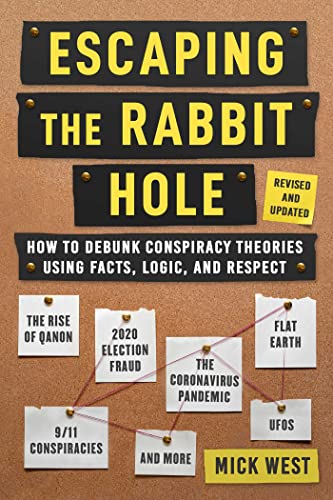Conspiracy theories have been around for centuries, and they are nothing new. The idea that there are shadowy plots, secret societies, and hidden agendas behind major events has always been a source of intrigue for many people. Whether it’s the assassination of John F. Kennedy, the September 11th terrorist attacks, or the COVID-19 pandemic, conspiracy theories abound. But what are they, and do they have any basis in reality?
Conspiracy theories are defined as explanations for events or situations that rely on plots or schemes that are usually hidden from public view. These theories often suggest that there is some sort of secret group or organization working behind the scenes to manipulate events in their favor. Most conspiracy theories have little to no evidence supporting them, and many have been debunked outright. However, there are some conspiracy theories that have some basis in fact.
One of the most popular conspiracy theories of all time is the idea that the U.S. government was involved in the assassination of President John F. Kennedy. This theory suggests that there was a group of individuals within the government who had a motive to kill Kennedy, and that they orchestrated his murder to cover up their involvement in various illegal activities. While there are some strange circumstances surrounding Kennedy’s death, most historians and experts agree that there is no evidence to support this theory.
Another popular conspiracy theory is the idea that the September 11th terrorist attacks were an inside job. This theory suggests that the U.S. government had a hand in planning and executing the attacks in order to justify going to war in the Middle East. Again, there is no evidence to support this theory, and most experts agree that the attacks were the work of Al-Qaeda terrorists.
The COVID-19 pandemic has also spawned a number of conspiracy theories. Some suggest that the virus was created in a lab and deliberately released into the world. Others suggest that the virus is a hoax, or that it was intentionally spread to control the population. These theories have been widely debunked, and there is no evidence to support them.
While most conspiracy theories lack any sort of evidence, they can still be dangerous. They can create distrust in government and authority, and can even lead to violence. It’s important to approach conspiracy theories with a healthy dose of skepticism and critical thinking. Always investigate the source of any claims or evidence, and be open to changing your beliefs if new evidence arises.
In conclusion, conspiracy theories are a fascinating aspect of human psychology. While they can be intriguing and entertaining, most lack any sort of credible evidence. It’s important to approach conspiracy theories with a healthy dose of skepticism and critical thinking, and always investigate the source of any claims or evidence. Remember, just because something is a theory, doesn’t make it true.











